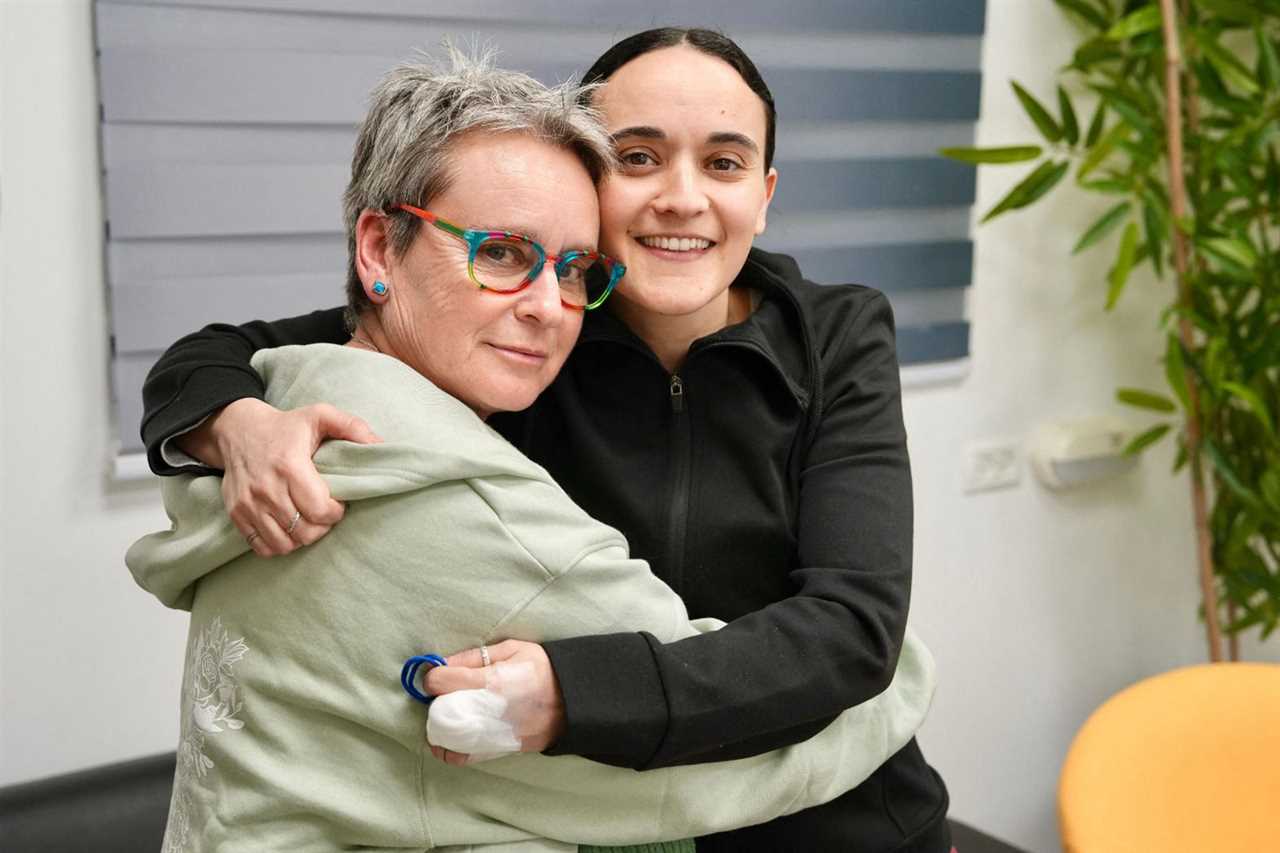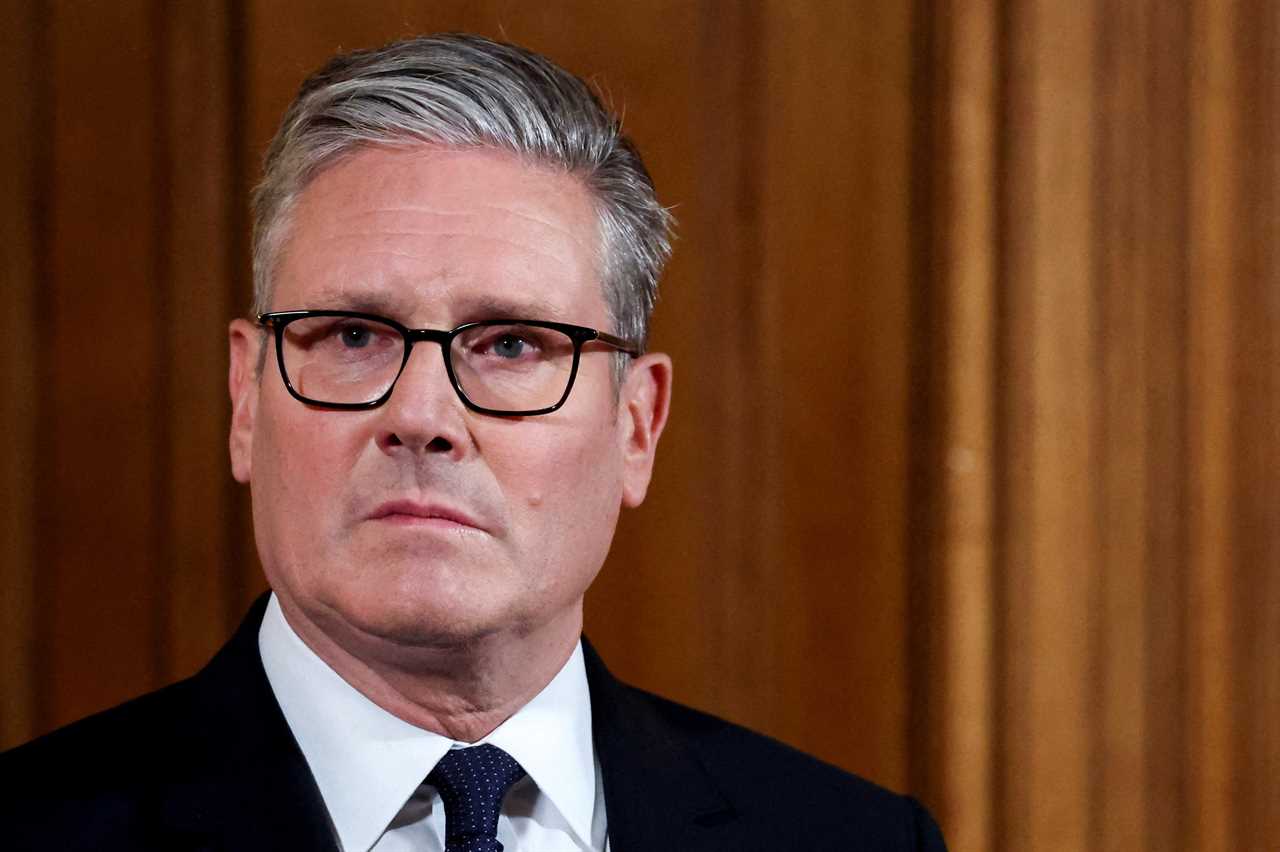
In a complex geopolitical landscape, the aftermath of hostage situations often reveals deeper moral and political dilemmas. British-Israeli hostage Emily Damari's critique of Sir Keir Starmer's pledge to recognize Palestine amidst the Gaza conflict underscores the multifaceted nature of international relations and humanitarian crises.
The Wider Context: Moral Dilemmas Amidst Political Gestures
Emily Damari's harrowing experience as a captive in Hamas terror tunnels, surviving for over a year, brings a poignant perspective to the debate surrounding the recognition of Palestine. Her assertion of a "moral failure" in rewarding terror through premature statehood recognition prompts reflection on the delicate balance between diplomacy and justice.
Structural Inequalities: Hostages Caught in the Crossfire
As Damari highlights the plight of remaining Israeli hostages in Gaza, the power dynamics at play become starkly evident. The ongoing suffering of these individuals, confined in dire conditions, underscores the systemic injustices that underpin conflicts like the one between Israel and Palestine.
Policy Implications: Balancing Peace and Justice
The UK government's proposed recognition of Palestine, contingent on a ceasefire, raises fundamental questions about the efficacy of such gestures in promoting lasting peace. Shadow foreign secretary Dame Priti Patel's caution against premature statehood recognition reveals a nuanced approach to navigating political complexities in conflict zones.

The Human Toll: From Trauma to Diplomacy
Emily Damari's personal ordeal, from being snatched from her home to enduring captivity, underscores the human cost of geopolitical decisions. Her eventual release through a ceasefire agreement encapsulates the intricate connections between individual trauma and high-stakes diplomatic negotiations.
In this intricate web of geopolitical maneuvering and personal suffering, the delicate balance between justice, peace, and humanitarian imperatives remains elusive. As global actors grapple with the complexities of conflicts like the one in Gaza, voices like Emily Damari's serve as poignant reminders of the human stories behind political decisions.






